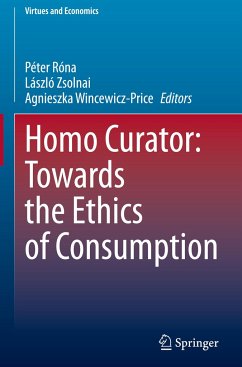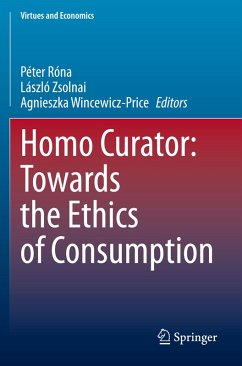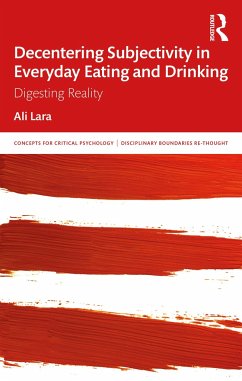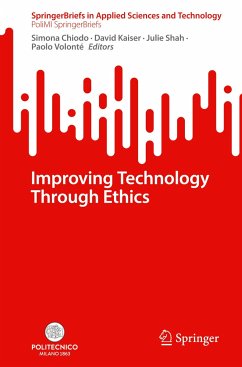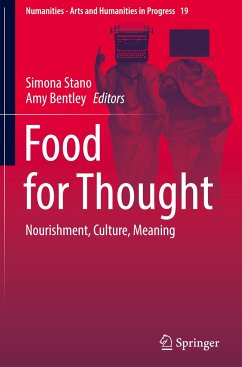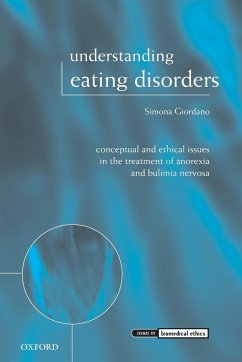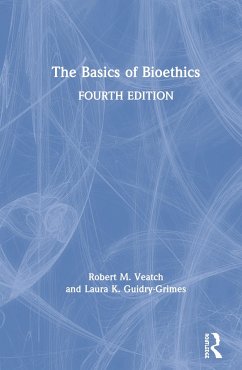
Ethics of Eating and Drinking
Food and Relations

PAYBACK Punkte
19 °P sammeln!
This book presents and discusses some of the problems that are increasingly emerging today in our relationship with food as well as in our style of eating and drinking. The first three chapters focuses on issues concerning eating, and on our relationship with what we can eat. The fourth chapter deals with the act of drinking, with our relationship with water, and discusses justice aspects in the use of water. The main idea is that the acts of eating and drinking are to be understood as relationships, i.e. as a way human beings relate to other beings. As such, they can be performed ethically we...
This book presents and discusses some of the problems that are increasingly emerging today in our relationship with food as well as in our style of eating and drinking. The first three chapters focuses on issues concerning eating, and on our relationship with what we can eat. The fourth chapter deals with the act of drinking, with our relationship with water, and discusses justice aspects in the use of water. The main idea is that the acts of eating and drinking are to be understood as relationships, i.e. as a way human beings relate to other beings. As such, they can be performed ethically well or badly. Therefore, an ethics of eating and of drinking should be developed. Not only the book highlights some key ethical problems associated with the act of eating and drinking, yet it also describes some ethically sustainable solutions to them. It ends with a list of reflections, which are intended to guide our choices in the relations with food and drinks with a normative approach. Mainly written for university students and researchers in the field of applied ethics, this book will also offer an inspiring reading to a wider audience of academics and professionals.





